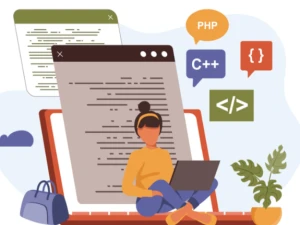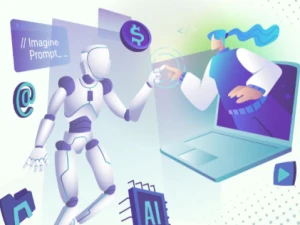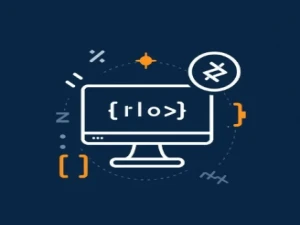Why Python Remains the World’s Most Popular Programming Language
I
n a world where new programming languages appear every year, one language continues to dominate — Python. From global companies like Google, Netflix, and NASA to individual freelancers, Python has become the universal language of modern technology. But what makes Python so special? Why does it remain at the top despite fierce competition from JavaScript, Go, and Rust? Let’s explore the reasons behind its lasting success.
1. Simplicity and Readability
Python’s biggest advantage is its ease of learning and readability.
The syntax is designed to be intuitive, making it ideal even for beginners with no technical background.
Its code reads almost like English, reducing learning time drastically.
Example:
That’s all you need to print a message. Simple, right?
2. Versatility and Real-World Power
Python isn’t just simple — it’s incredibly powerful and versatile.
It’s used in a wide range of industries: from machine learning and AI to web development and automation.
💡 Key Areas of Use:
-
Artificial Intelligence & Machine Learning (TensorFlow, PyTorch)
-
Data Science & Analytics (pandas, NumPy, Matplotlib)
-
Web Development (Django, Flask)
-
Automation and scripting
That’s why Python is often called the “Swiss Army Knife of programming.”
3. High Salaries and Global Demand
Python developers are among the highest-paid professionals in tech.
According to Glassdoor and Indeed, average annual salaries range between $90,000 and $135,000.
The demand continues to grow as more companies shift toward data-driven and AI-powered solutions.
For freelancers, Python is also a goldmine — automation scripts, data analysis, and API integrations are all in high demand.
4. Massive Community Support
One of the strongest reasons for Python’s dominance is its global community.
If you encounter a problem, chances are someone has already solved it and shared the solution online.
From Stack Overflow to GitHub, Python’s ecosystem is rich, active, and constantly improving.
Thousands of open-source libraries and frameworks are updated every month — making Python even more powerful.
5. Perfect for the Future: AI, IoT, and Automation
Python aligns perfectly with the future of technology.
AI, IoT, and automation — three of the fastest-growing fields — are largely built using Python.
From ChatGPT-like AI systems to smart devices and analytics dashboards, Python is everywhere.
That’s why tech giants keep hiring Python developers at record rates.
6. Freelancing and Remote Work Opportunities
Python is ideal for freelancers.
Platforms like Upwork, Fiverr, and Toptal are filled with Python-based projects — from data scraping and automation to web app development.
It’s one of the few skills that allow you to earn global income from home.
7. A Bright and Evolving Future
Unlike many languages that fade over time, Python’s ecosystem is still expanding.
The TIOBE index consistently ranks Python as the #1 most popular programming language.
Its relevance in education, AI, and open-source development ensures that it will remain dominant for years to come.
Conclusion
Python is the rare combination of simplicity, power, and opportunity.
Whether you want to dive into AI, become a data scientist, or start freelancing, Python opens the door to endless possibilities.
In short:
Learning Python in 2025 isn’t just a good choice — it’s a smart investment in your future.









Comments